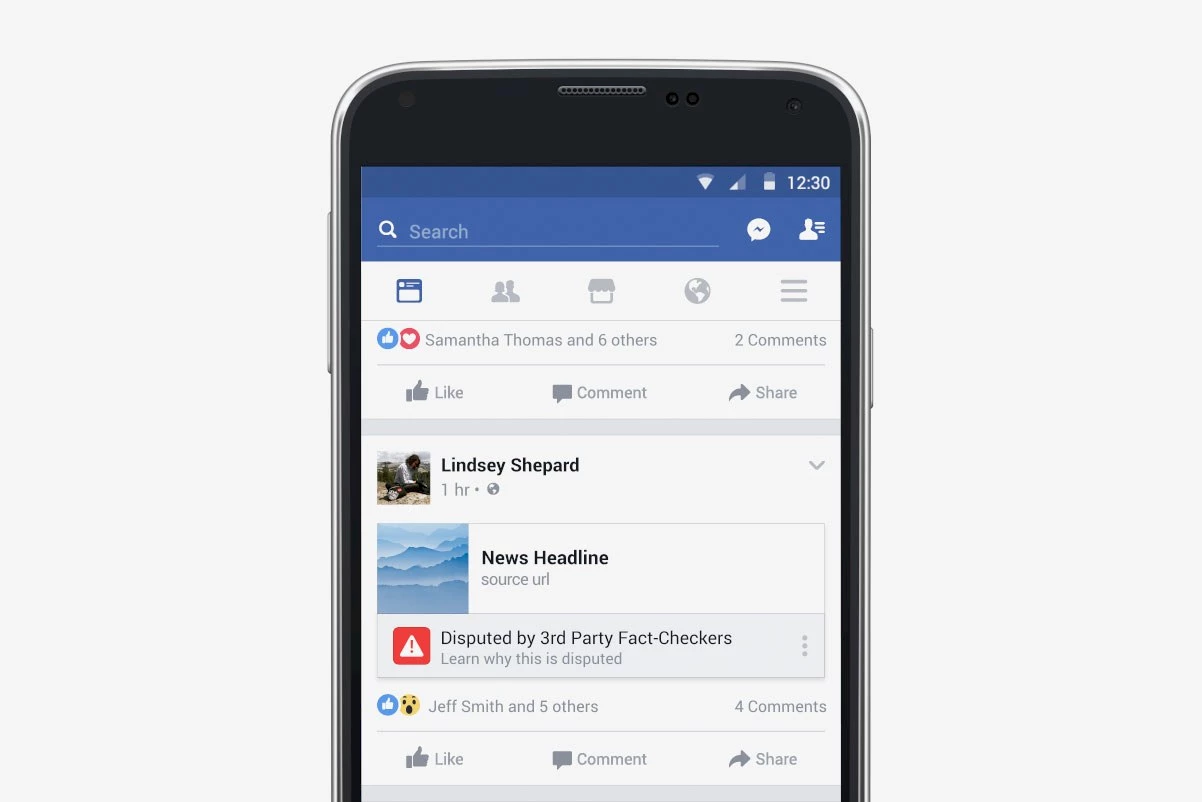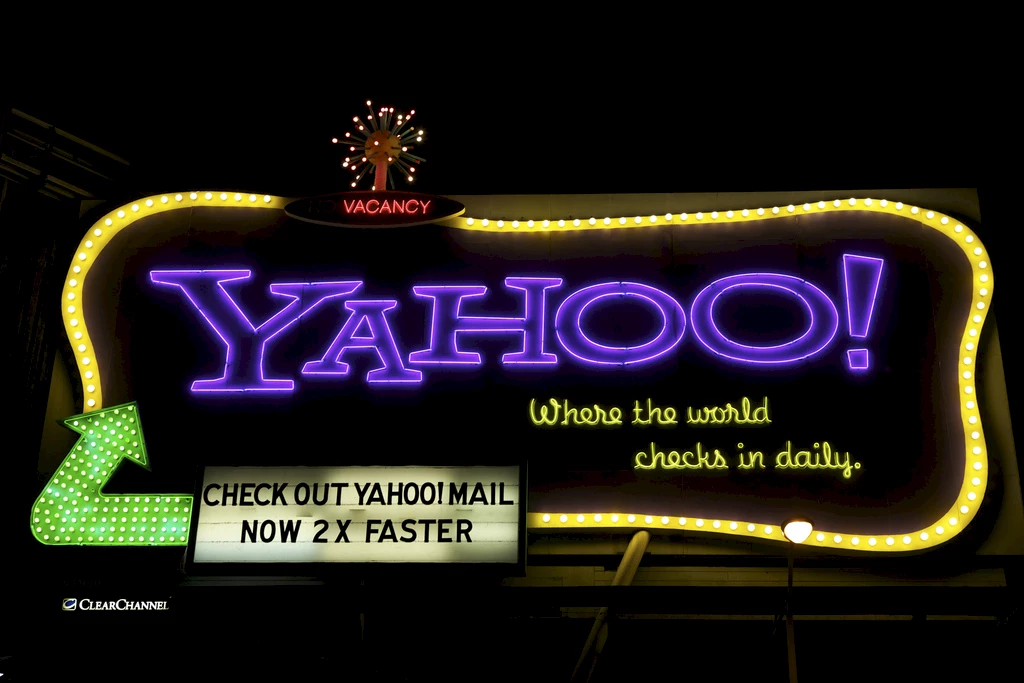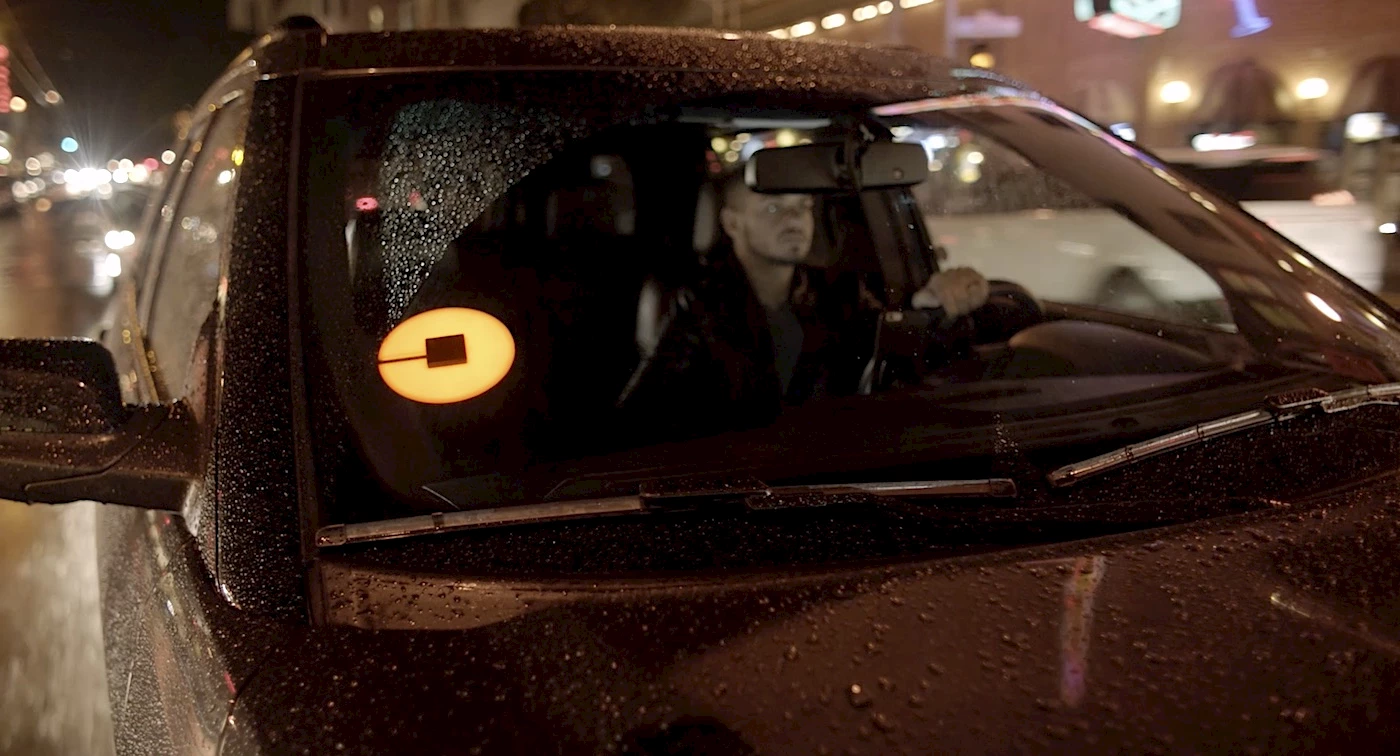Weekly Recap: Facebook fact-checking, Prime Air, big Yahoo breach, Waymo and Uber Beacon

Facebook fights fake news

After denying the problem, Facebook has decided to fight against the spread of fake news, and revealed its strategy: using humans, i.e. real journalists, instead of robots. Facebook will ask users to report fake news by clicking on a button at the top right of a story they think is dubious. If the story starts gaining traction, a consortium of journalists will fact-check it. If the journalists think the story is bogus, Facebook will flag the story as “disputed by third-party fact-checkers.” Users who do want to share a “disputed” story will get a prompt asking them if they’re really sure they want to share the story.
⇨ Recode, “Here’s Facebook’s plan to crack down on fake news.”
Amazon Prime Air
In England’s Cambridge region, Amazon beta tested its Prime Air service and successfully delivered a package by drone after a 13-minute fully autonomous flight. Prime Air’s first customer, Richard N., received an Amazon Fire TV and a bag of popcorn. For the time being, service is limited to two customers (yes, that’s right, two), but will be expanded in 2017 to several hundreds of clients living close to Amazon’s distribution center. Deliveries will be suspended in adverse weather or very windy conditions. It seems that Prime Air is currently more of a publicity stunt or PR operation than anything else.
⇨ Mashable, “Amazon’s drones are finally delivering packages to its two lucky customers.”
New Yahoo breach

After revealing, last September, the breach of 500 million user accounts at the end of 2014, Yahoo doubled down and announced a new world record: it was learned today that over one billion accounts were breached in 2013. The information potentially accessed may have included names, birth dates, personal data shared for security question purposes, email addresses and telephone numbers. Embattled Yahoo was on the verge of being acquired for some 4.8 billion dollars by Verizon, who may now reduce its bid as Yahoo’s stock falls in the wake of the damning revelations.
⇨ Ars Technica, “Yahoo admits it’s been hacked again, and 1 billion accounts were exposed.”
⇨ Ars Technica, “What can you do with a billion Yahoo passwords? Lots of bad things.”
Waymo
Google added a new letter to its Alphabet group, Waymo, a standalone company dedicated to self-driving cars. Until now, the project was part of its X research lab division. The second video above shows how Waymo’s software recognizes and analyzes its surroundings. The company’s press releases seem to indicate that the company will focus on the software rather than the hardware of self-driving cars.
⇨ Wired, “Google’s self-driving car company is finally here.”
Uber Beacon

Uber has come out with a neat gadget. Beacon is a device that drivers stick to their windshield. Riders use their app to personalize the colour of their ride’s Beacon. This feature is invaluable to quickly pick out your Uber from a crowd, for example when coming out of a concert or sports event.
⇨ Mashable, “Uber launches Beacon, a glowing gadget that helps you find your ride.”
